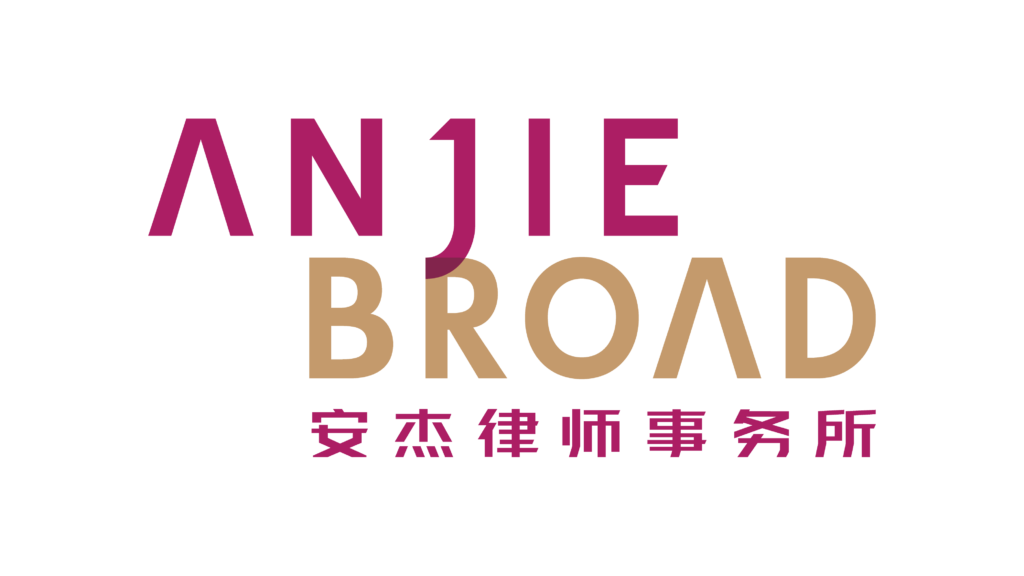What is Director and Officer Liability Insurance?
Directors and officers (“D&Os”) assume liability for many of their company activities, especially when their company is publicly listed. In many cases D&Os face significant legal exposure based simply on their signature, role and title, or status as a controlling person. This means that no matter how effectively, carefully, or in good faith their decisions are made, D&Os face the risk of being sued.
D&O insurance is designed to cover this risk. Namely, to protect executives, directors, as well as the companies they serve, against liability arising from actions taken in the course of doing business or managing the companies. This can include the legal costs and damages from being sued by plaintiffs or prosecuted by regulators, the costs of settling such actions, or other forms of liability.
D&O insurance first emerged on the Lloyds of London insurance market in the 1930s and while not mandatory, it is common with private and publicly traded companies alike.
With the listing of more and more Chinese companies in foreign markets, an increasing number of such companies now acquire D&O insurance. Within mainland China, due to revisions to the Securities Law of the People’s Republic of China and ensuing securities litigation, D&O insurance has also captured the attention of Chinese D&Os.
How Does Director and Officer Liability Insurance Work
When a crisis hits, a typical D&O policy covers both the corporate entity in addition to individual D&Os. Possible areas of coverage include insurance for investigations, tax liability, securities, and employment claims.[1] Among these potential sources of liability, securities claims tend to raise the greatest exposure.
When a securities claim arises, D&Os are designed to cover “wrongful acts”. Depending on the language in D&O policies, this typically covers the kinds of mistakes, poor judgment, or negligence that lead to shareholder litigation. However, these “wrongful acts” normally do not include D&Os’ intentional or fraudulent acts.
What are the Limitations of Liability Insurance for D&Os?
D&O insurance does not cover against all types of liabilities. A number of exclusions exist to limit insurer liability, which can greatly affect coverage and settlements of shareholder litigation. Conduct exclusions exist to prevent benefits for intentional wrongdoing, like a criminal or fraudulent act, (including fraud on the market). In some cases, inappropriate conduct can lead to termination of coverage. Many policies also include a “prior knowledge” exclusion, which prevents claiming losses from lawsuits involving matters D&Os knew or should have known about prior to litigation. In some cases, the exclusion can only be triggered by a judicial ruling (“final non-appealable adjudication”, or some variant thereof).
In China, there is fierce debate over whether D&O covers losses resulting from government penalties. Decision-makers within China’s insurance market hope for court precedent that could clarify this issue, especially with regards to proper application of the insurable interest in D&O insurance.
What Laws Govern Chinese D&O Liability Insurance?
Chinese entities raising funds through IPOs abroad increasingly turn to PRC insurers for their D&O insurance needs. In many cases, such entities earn their revenue in China but are structured as a variable interest entity (“VIE”) headquartered in a tax haven such as the Cayman Islands or British Virgin Isles. When a foreign securities claim arises, these policies become notable in that they typically engage both Chinese and foreign law.
This leads to insurance policies that are veritable chimeras — a Cayman head (which might face bankruptcy proceedings following a fraud on the market claim), a Chinese body (governing the policy itself), and an American tail (for example, governing settlement allocation when a class action settles). To illustrate, whereas nowadays most securities litigation is heard before US district or state courts in New York, Chinese D&O policies usually set an arbitration center in Beijing or Shanghai as the forum for policy disputes, with PRC law as the governing law.
This can lead to extremely complex proceedings, where disagreements arise on how a Chinese court or tribunal should determine allocation of damages under US law. Oftentimes, Chinese arbitration of D&O claims involves US lawsuits where multiple defendants decide to settle with the plaintiffs. This leaves important issues of allocation unresolved, with no foreign court having definitively determined the portion of liability for each defendant, only some of whom are the insureds or covered under the D&O policy. Therefore, in addition to the underlying Chinese laws, it is crucial to also grasp rules surrounding the applicable laws of the jurisdiction where the VIE is headquartered and where the insured entity is listed, especially US securities laws.
Conclusion
Like their common law precursors, Chinese D&O policies protect against securities claims, including when D&Os commit “wrongful acts”. However, this cover does not extend to fraudulent or criminal conduct, and policies may also exclude wider categories of behaviour.
Importantly, litigating these policies rarely relies on only the laws of one jurisdiction, due to the fact that Chinese D&O policies typically interact with Chinese, US, and even Cayman or British Virgin Islands laws governing a VIE’s incorporation. They are instead more like chimeras, and far more complex than US publicly-listed companies’ domestic D&O policies.
AnJie’s insurance team
Ranked Band 1 by Chambers for insurance, AnJie is well known for its insurance & reinsurance practice. AnJie’s insurance team, as one of the largest in China, is composed of more than 50 seasoned, multilingual Chinese lawyers and foreign legal advisors. AnJie’s insurance partners are located in the firm’s Beijing, Shanghai, Shenzhen, Hong Kong, Haikou, and Nanjing offices, providing legal services to our clients across the nation and beyond. Since 2013, AnJie and its insurance team partners have been continuously recognized as Key Recommended Law Firms and Lawyers by leading international rating agencies and professional publications such as Chambers and Partners, Who’s Who Legal, Legal500, and Asialaw.

For further information, please contact:
Zhan Hao, Managing Partner, AnJie law firm
zhanhao@anjielaw.com
Wan Jia, Partner, AnJie law firm
wanjia@anjielaw.com
[1] Some policies also include fees for crisis management, including emergency consulting and public relations services.





